Elon Musk Buys x.com Domain from PayPal
It could just be a sentimental purchase for Musk — or, it could be a blank slate for a new, albeit cryptic, project.

It could just be a sentimental purchase for Musk — or, it could be a blank slate for a new, albeit cryptic, project.

As it turns out, diamonds may be the key to all our quantum computing dreams.
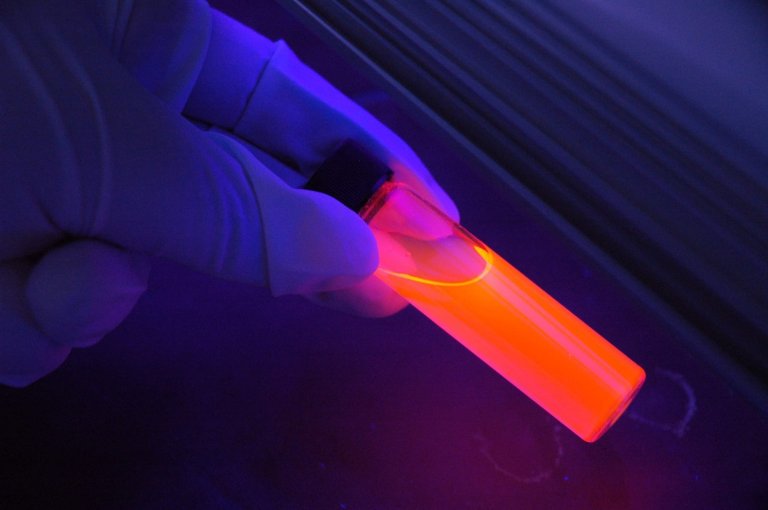
The dyes allow for cells, tissues, or even whole organs to light up.
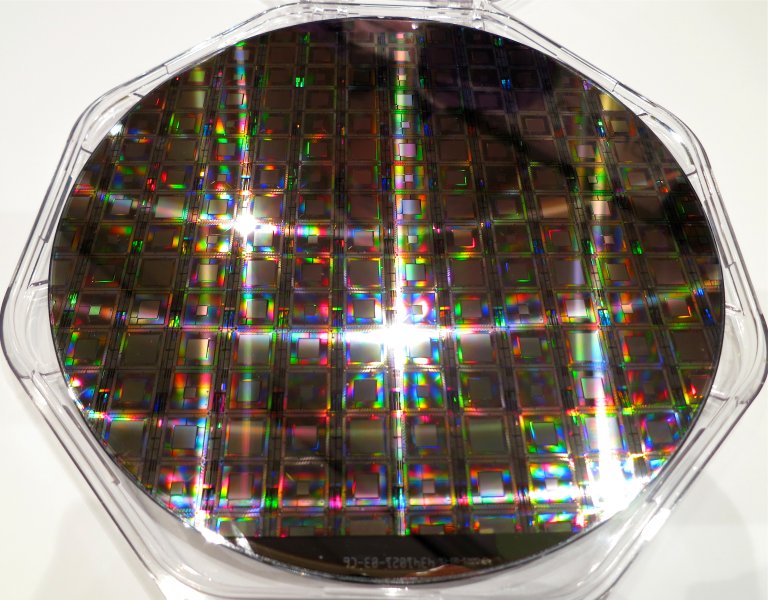
It’s the smallest device of its kind ever created.

This renewable fuel could replace 65 percent of current US jet fuel consumption.
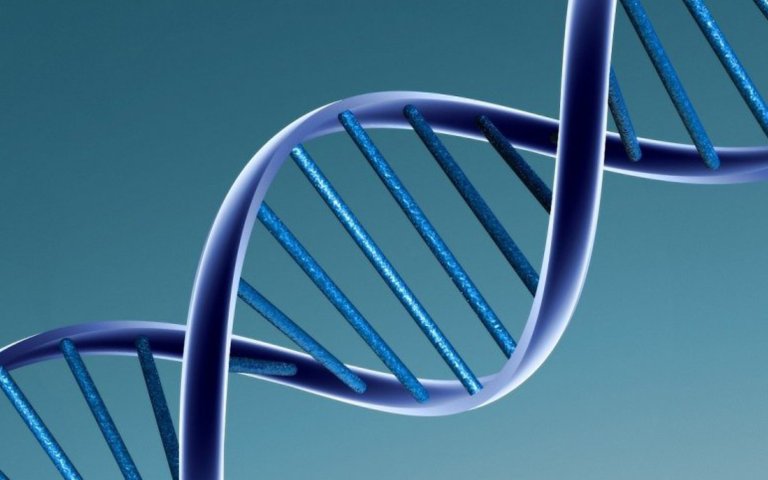
At the size of just a single strand of DNA, it can predictably (and reliably) pick up, carry, and deliver nano cargo.

"This study provides an explicit test of some controversial ideas about how the brain reorganizes as we age."

Big things can be stored in this incredibly small package.
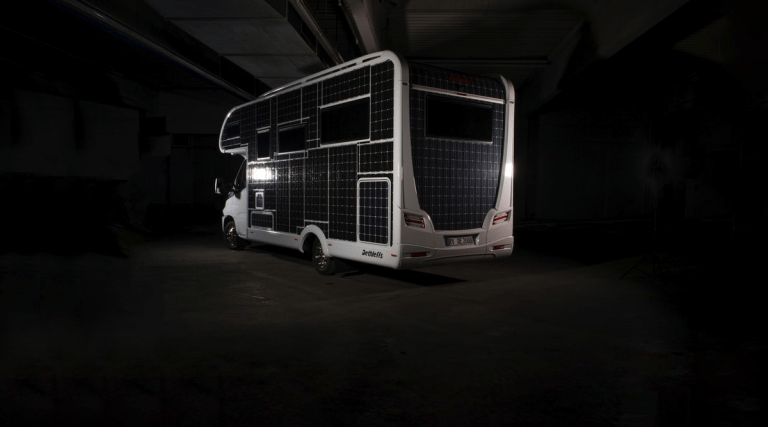
The family vacation is getting more environmentally friendly.

How the brain makes even simple decisions remains a mystery to neuroscientists.
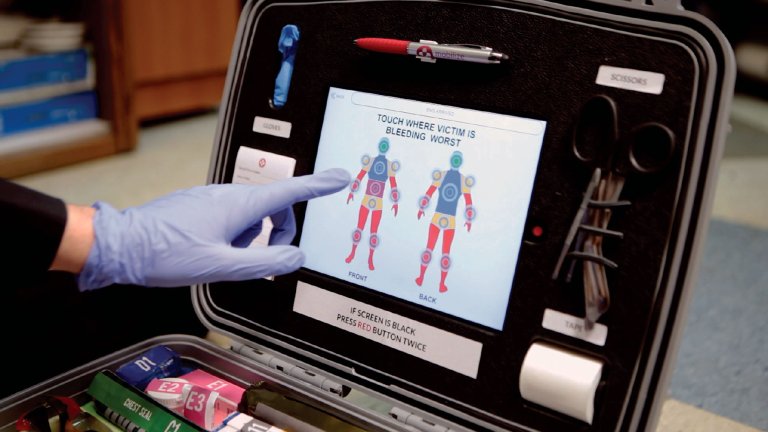
This mega-kit equipped with an iPad may be "the future of first aid."

New research suggests that the aging process evolved — so it might be possible to turn off.
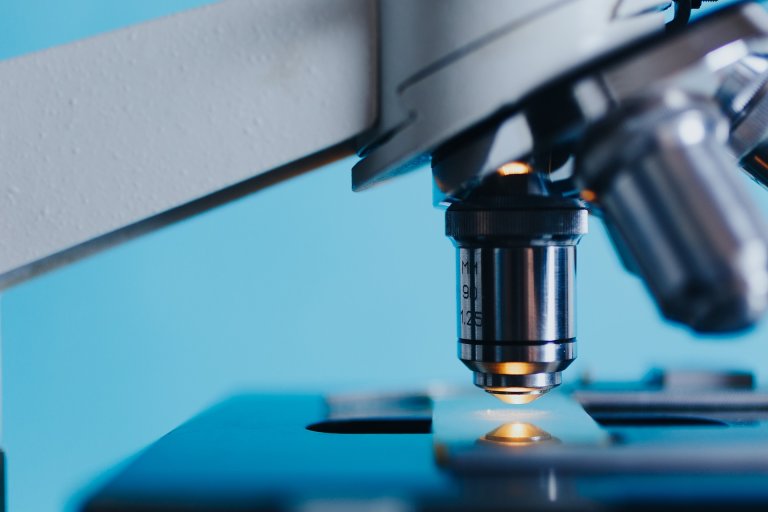
We have a long way to go, but this is a big step in the right direction.

Notable missions and research will be affected.
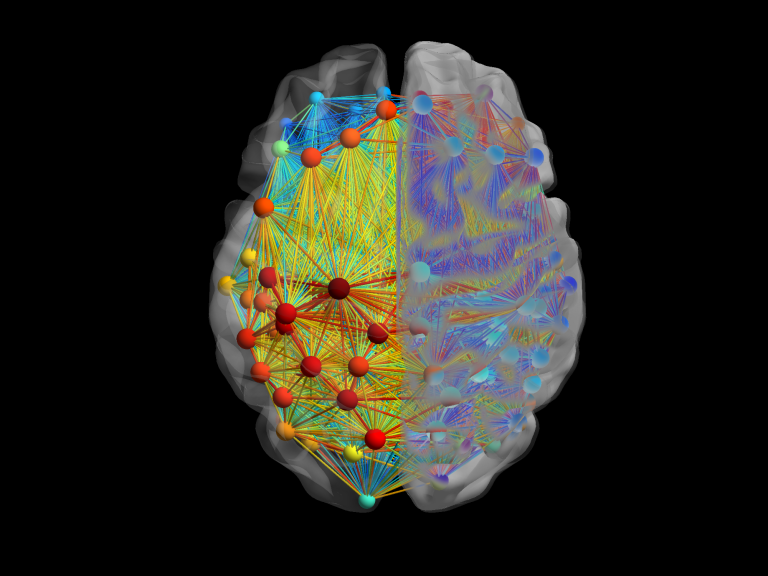
Approximately 70 percent of those diagnosed with schizophrenia experience this symptom.

The element is a key ingredient in making the building blocks of life.

The Falcon Heavy will use a re-purposed Falcon 9 booster, with the aim of carrying people to the moon and Mars.

Prices dipped after the weekend surge, but remain close to previous records.
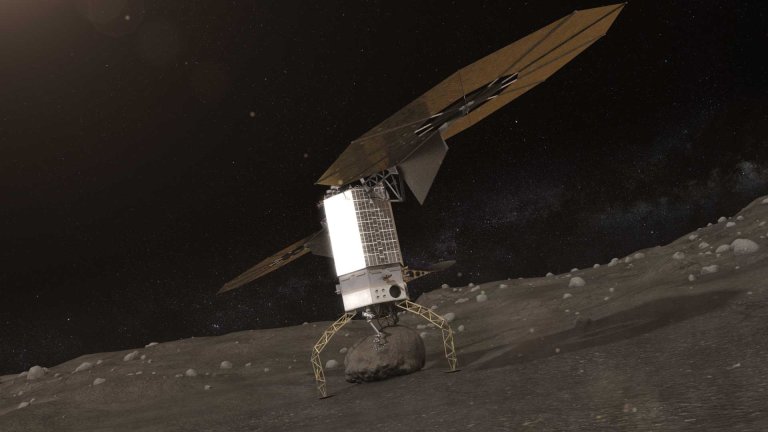
The 1967 Outer Space Treaty forbids using space for military operations, but is unclear on commercial use.

"We have to recognize that Tesla has managed to offer a car which people are lining up for.”